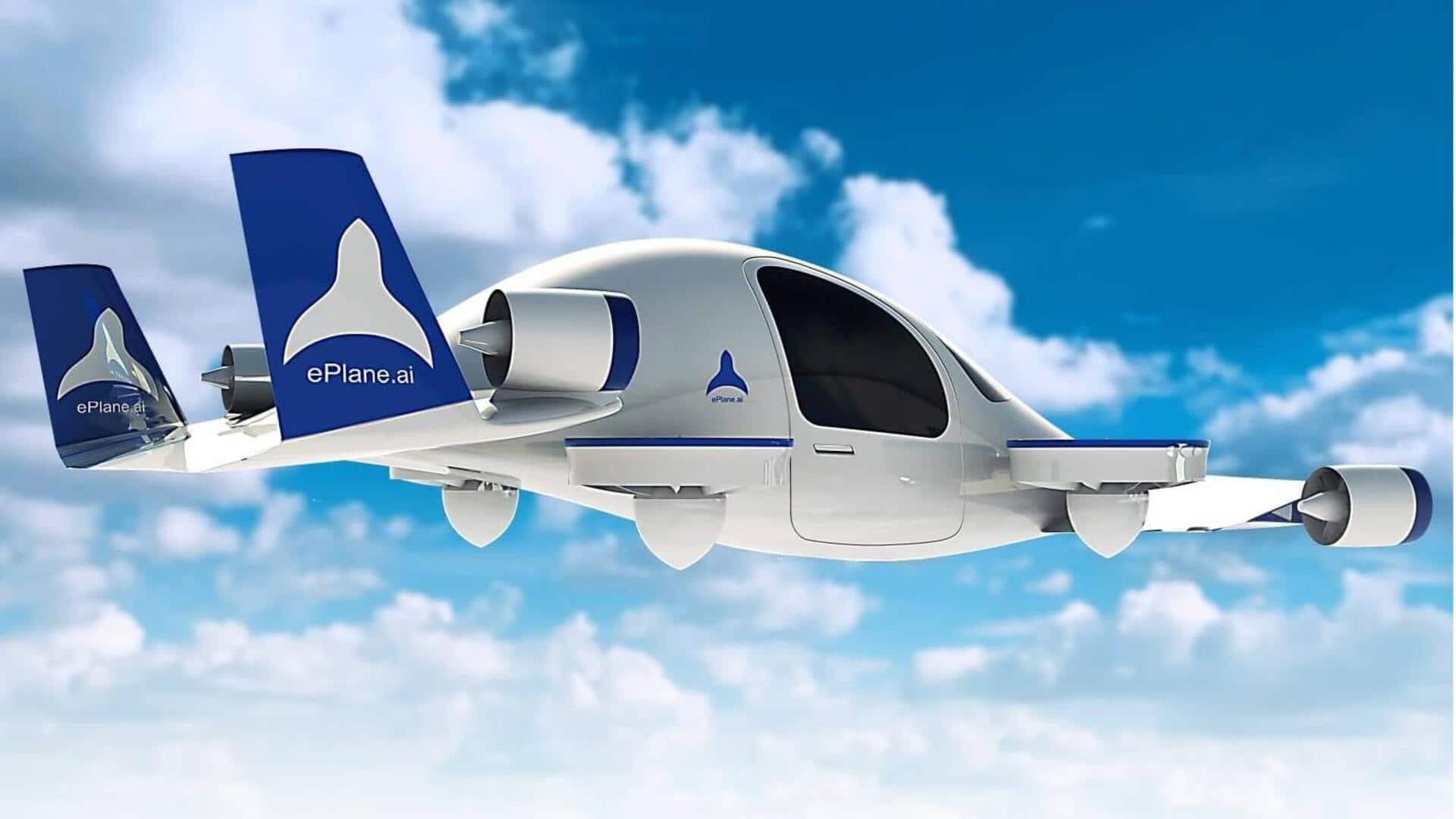
Everything we know about India's first flying taxi service
What's the story
India's first flying taxi, the e200, is set to make its debut flight in October-November, according to Professor Satya Chakravarthy.
He is the founder of ePlane Company and an Aerospace Engineering professor at IIT Madras.
In an interview with News18, Chakravarthy explained that the compact aircraft has been designed to navigate through India's crowded urban landscapes.
It can cover short distances multiple times before needing a battery recharge.
Plans
Strategic partnerships and infrastructure development key to success
To bring flying taxi technology to market, Chakravarthy highlighted the importance of strategic partnerships with design companies, manufacturing partners, software developers, and infrastructure-related entities.
The project plans to use existing helipads and expand to locations like parking lots, metro station rooftops, and large building rooftops to facilitate take-off and landing.
Multiple landing sites across urban areas will be crucial for accessibility and meeting demand effectively.
Cost
ePlane taxi services will be affordable
Envisioning ePlane taxi services to cost just double the fare of traditional ride-hailing platforms like Uber, Chakravarthy believes they will be affordable and accessible.
He also sees potential for a global resonance of e200's technology due to its operational convenience and affordability, but accepting the challenges in navigating foreign regulations.
"We can cut the international competition in terms of cost," Chakravarthy believes.
Goal
Ensuring safety and reliability of the e200 is crucial
Safety and reliability are top priorities for the e200, with Chakravarthy emphasizing the need to adhere to stringent international standards.
The flying taxi will feature multiple layers of redundancy, including emergency parachutes and inflatables.
Advanced technologies like vertical rotors, and aerodynamic design principles to enhance stability and control during flight, will also be present.
Steps
Navigating regulatory challenges and phased expansion is necessary
Chakravarthy is confident in ePlane's ability to navigate regulatory landscapes, while acknowledging potential operational restrictions in congested urban areas initially.
He outlined a phased approach to expand operations on the basis of safety performance and regulatory compliance.
"The regulations are essentially a pathway for us to get to the market," said the professor.